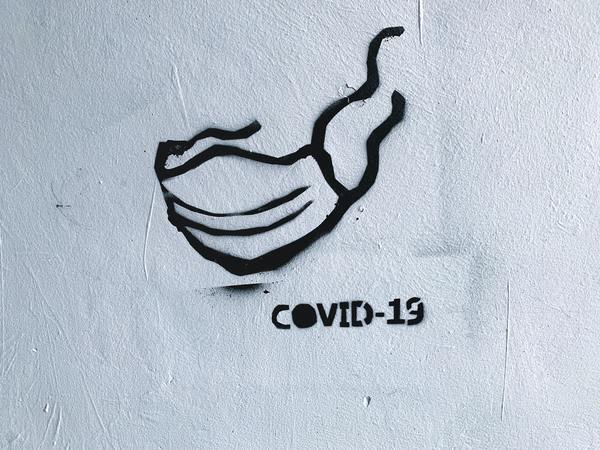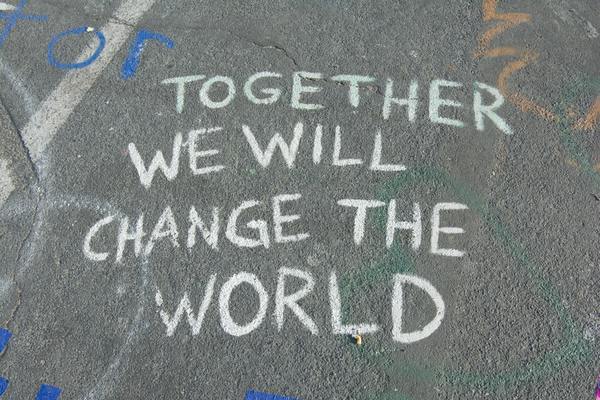
(Adam Nieścioruk/Unsplash)
Recently, a pal of mine, Margarita Noriega, wrote a quick anecdote on Twitter about a passenger on the flight who refused to wear a mask. While the drama was not necessarily as to-the-rafters as it could have been, according to her account, it nonetheless highlights a strange dichotomy that I think isn’t quite given enough voice in our culture—the idea of conceding small freedoms in the service of larger ones.
https://twitter.com/margarita/status/1414745038605717505
A big part of the reason why a person might refuse to keep wearing their mask on a plane is because they’re trying to protect a smaller personal freedom. But that smaller personal freedom comes at a cost of a larger cultural freedom. Which is to say that if they don’t wear the mask, they’re going to find themselves stuck at an airport rather than going to their destination. (But if they’re doing so in the service of drama, maybe it all comes out equal in the end.)
The pandemic has been full of situations like these, some of which have been actively promoted by global leaders who should honestly know better. But it’s also something that I think is more broadly applicable to a lot of other situations as well. We have a tendency to be a little stubborn if we think our personal choice has been violated.
There are times when personal freedom trumps the status quo—think civil rights, for example, or a bad job situation that might require unionization to resolve, or (tying into the stuff I usually write about) circumventing a warranty requirement because you’d rather repair a device yourself—but ultimately, the crux of why the pandemic has been so slow to resolve is because people are valuing short-term personal freedoms over longer-term tactical freedoms.

(Priscilla Gyamfi/Unsplash)
Or, to put it another way, they’re favoring convenience over positive change. And let’s be honest, positive change is hard in comparison to convenience. It’s harder to change your routine than it is to bite the bullet and accept a little change. Could that flexibility be taught? Do we need better cultural examples of it? And what about all those change-resistant people who showed no flexibility during the pandemic? There’s a lot to think about here.
So I guess that my suggestion here is to think tactically about when to play the card of convenience. Think about the small freedom versus the large one. The failure of our culture to properly respond to this pandemic when it happened meant that, if a vaccine had not emerged, we might have been in a permanent state of COVID-19. We still might be to some degree, but at least we have a weapon to fight against it.
It would be nice to have another—the ability to culturally discern the small freedoms from the large ones.
Time limit given ⏲: 30 minutes
Time left on clock ⏲: 2 minutes



